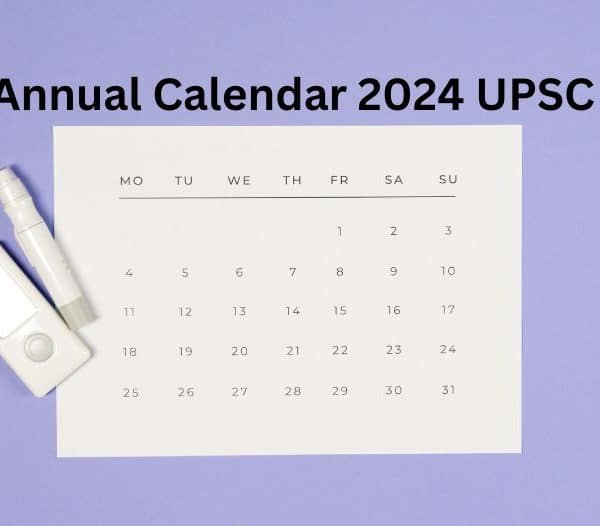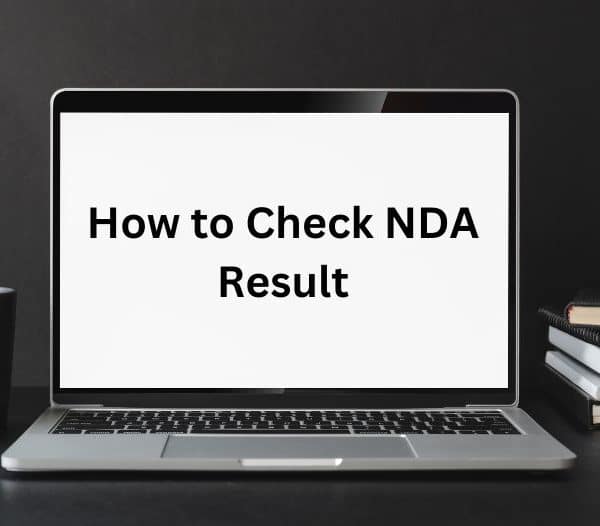We all know that IPS (Indian Police Service) is among the country’s most prestigious offices and that the IPS exam is a component of the UPSC Civil Services Exam, which is held every year. Applicants who take the exam would be allocated to IPS on the basis of their skill, determination and rank in the final qualifying examination. Let us just take a look at the appropriate IPS physical requirements. UPSC Civil Services Examination is held annually and comprises 3 stages and the UPSC selection process (IPS requirements) for IPS (Indian Police Service) is set out below.
The Selection Process
- Civil Services Preliminary Exam
- Civil Services Mains Exam
- Interview/ Personality Test
There will be two sections for the preliminary IPS review, namely the General Research Paper I and the CSAT Paper-II. The questions for the preliminary review will be of MCQ (Multiple Choice Question) type. The Civil Service Prelims Examination marks will not be considered for the final results of the IPS Examination, generally for all Civil Services Exam. Candidates who pass the Prelims Exam will move to the next level of the Civil Services Mains (Written) Examination.
IPS Papers
Applicants have 9 papers in the main stage. 1 Essay Paper, 4 General Studies Papers, 2 Qualifying Language Papers, 2 Optional Papers (Optional subject to be selected by the applicant). Applicants who pass the UPSC Mains Exam will be called for an interview/ personality test round. And during the personality test stage, the Union Public Service Commission (UPSC) will evaluate the applicants on the basis of different requirements. Physical Requirements will be recognized only after the name of the candidate has been entered in the final merit list.
Applicants applying for the Civil Services Exam should ensure that they follow all the IPS eligibility requirements that are the same with the IAS too. Applicants who clear all levels of the exam will be chosen for the IPS Physical Testing.
IPS Physical Requirement
So what are the physical requirements for being in IPS?
The table below shows the physical qualification details for IPS.
| Category | Physical Eligibility for Men | Physical Eligibility for Women |
| Height | 165 cm – 160 cm | 150 cm – 145 cm |
| Chest | Min of 84 cm and expansion of 5 cm | Min of 79 cm and expansion of 5 cm |
| Eyesight | 6/6 or 6/9 for a strong vision | 6/12 or 6/9 for weak vision. Near vision J 1 for a strong vision. J2 for weak vision |
After the interview, all who did not meet the Medical Requirements for IPS chest expansion requirements may appeal or demonstrate their chest expansion during the next Medical Examination, that is after the result. If there is less expansion during the Medical Test, the applicant will go to the next operation.
Also Read: How to Balance Optional and General Studies to Clear UPSC?
IPS Physical Training
Once an applicant fits all the physical and medical criteria that he/ she will be selected for the IPS (Indian Police Service) role, the first three months of their 2-year evaluation period will be in LBSNAA, Mussoorie for the Foundation Course, which is a standard training course for IAS, Indian Police Service and IFS officers. The applicants selected for Indian Police Service will then move to the National Police Academy (NPA), Hyderabad, for eleven months of academic training. In this, candidates will receive indoor and outdoor training.
And during the training period, applicants would also have to attend institutes across the country as part of their training. Subsequently, applicants will proceed for 6 months of training in their assigned cadre, then after they will have to devote one month on academic training, and then return to their assigned cadre as verified IPS officers.
IPS Exam Eligibility
- The applicant must be a resident of India in order to be an IPS or an IAS
- Applicants should be at least 21 years of age as of 1 August of the year of the test.
- Applicants should possess a degree from a recognised university in any field. Applicants for the final degree examination can also qualify for the Civil Services Preliminary Examination. Applicants with an appropriate professional and technical degree approved by the Government can also register.
- The proposal of appointment will be made to an applicant in whose case a certification of eligibility is required and the same has been provided to him/her by the Government of India.
Also Read: How can One Consolidate His/Her Preparation for the UPSC Prelims in the Next 100 Days?
UPSC Preparation Strategy
Start Early
In view of the vast UPSC programme and the limited time accessible at the final phases of the Civil Services Exam, it is usually a good idea to start soon. That just doesn’t mean that if a student wants to be an IAS officer, he must start with high UPSC books right from Class 4th
But also an approach in line with the requirements of the UPSC would certainly help. A lengthy approach may help to save many contenders’ sensitive youth-years as they will be stronger oriented and better prepared when they eventually soak their feet in UPSC seas.
Anyone Can Clear the Exam
The article does not plan to suggest that those who enter late will not be able to clear this test. Of course, anyone, junior or senior, who has the desire, performance and persistence, can pass the IAS test. There is absolutely no doubt about that. The article aims to say that there is a benefit for those who start early on in the right direction, given that they retain the same vigour until the end. This article offers advice for early beginners; it will enable seasoned applicants to gain a better understanding of the requirements of the exam.
Also Read: 20 Common UPSC Myths Debunked to Help You Prepare in the Right Way
Time Needed for Preparation
Like Rome, an IAS or Indian Police Service officer cannot be built in a day. The expertise, analytical skills and personality of the applicant evolved over a period of approximately 20 years is evaluated in this study. If you have a strong understanding of the topics in your school days and a practice of reading newspapers daily, then you are as good as most severe and experienced people taking this test.
Learn Your Optional Subject
If you are in a position to determine an optional topic after reviewing the UPSC curriculum and past question papers (only relevant to university students and passing-outs), start gathering materials on the very same subject. Struggle to complete the optional subject first, as it will certainly give you a point.
Read Books about India
Throughout leisure time, grab articles relating to India written by pioneering authors. And studying these books will expand your knowledge as well as provide a clear understanding of India’s past, present, and future. Thorough understanding of India’s issues with their right information can be of great assistance when you shape the answers in the Civil Service Mains General Studies and Essay Paper.
Also Read: Here’s How to Discover Your UPSC Exam Skills? Unleash your Potential by Understanding the Need!
IPS Related FAQs
What is the IPS age Requirement?
Ans. For becoming an IPS officer, the applicant must be at least 21 years old. For general category IPS applicants, the maximum age is 32 years. The maximum age limits for OBC and SC/ST applicants are 35 and 37.
What is the Minimum Qualification needed for the IPS Exam?
Ans. The lowest educational qualification required to become an IPS officer in India is graduation from a recognized institution in any field
What is the Pay Scale of an IPS Officer?
Ans. Following the 7th Pay Commission recommendation, the IPS officer will receive almost 70,703 INR per month during the probation period or the entry-level officer including DA, HRA, etc.
Where are IPS Officers Trained after their Selection?
Ans. After clearing the UPSC CSE, all recruits will receive training programmes at LBSNAA, Mussoorie. Within a week of reaching the end of the induction training, the new IPS officers are trained at the Sardar Vallabhbhai Patel National Police Academy, Hyderabad for about two years.
Are NCERT Books Necessary for the UPSC Exam?
Ans. Yes, the NCERT books have clear and precise information in an easy language that makes it easy to get. In addition, both the UPSC Prelims and the Mains exam are essential.
Conclusion
The UPSC exam cannot be passed by just being a nerd. The final phase of the UPSC exam is the personality test round, in which the UPSC board would take the interview of an applicant to check his/her personality and adequacy for a career in the civil services. This involves an all-encompassing development of the person, other than academic knowledge. And, even in academia, the emphasis should not be solely on completing the syllabus, but on continuously acquiring knowledge and insight into the latest developments/ current affairs within or beyond the country.
IAS/ IPS Preparation isn’t an easy routine. One must be dedicated and focused on the study material for this exam. Also learn the basics from NCERT books, which is a great help in the preparation
Also Read: Do’s and Don’ts for UPSC Aspirants: Follow these Tips to Prosper in your UPSC Exams







Thank you for providing the requirements and also these were very helpful, what do you guys think about it ?